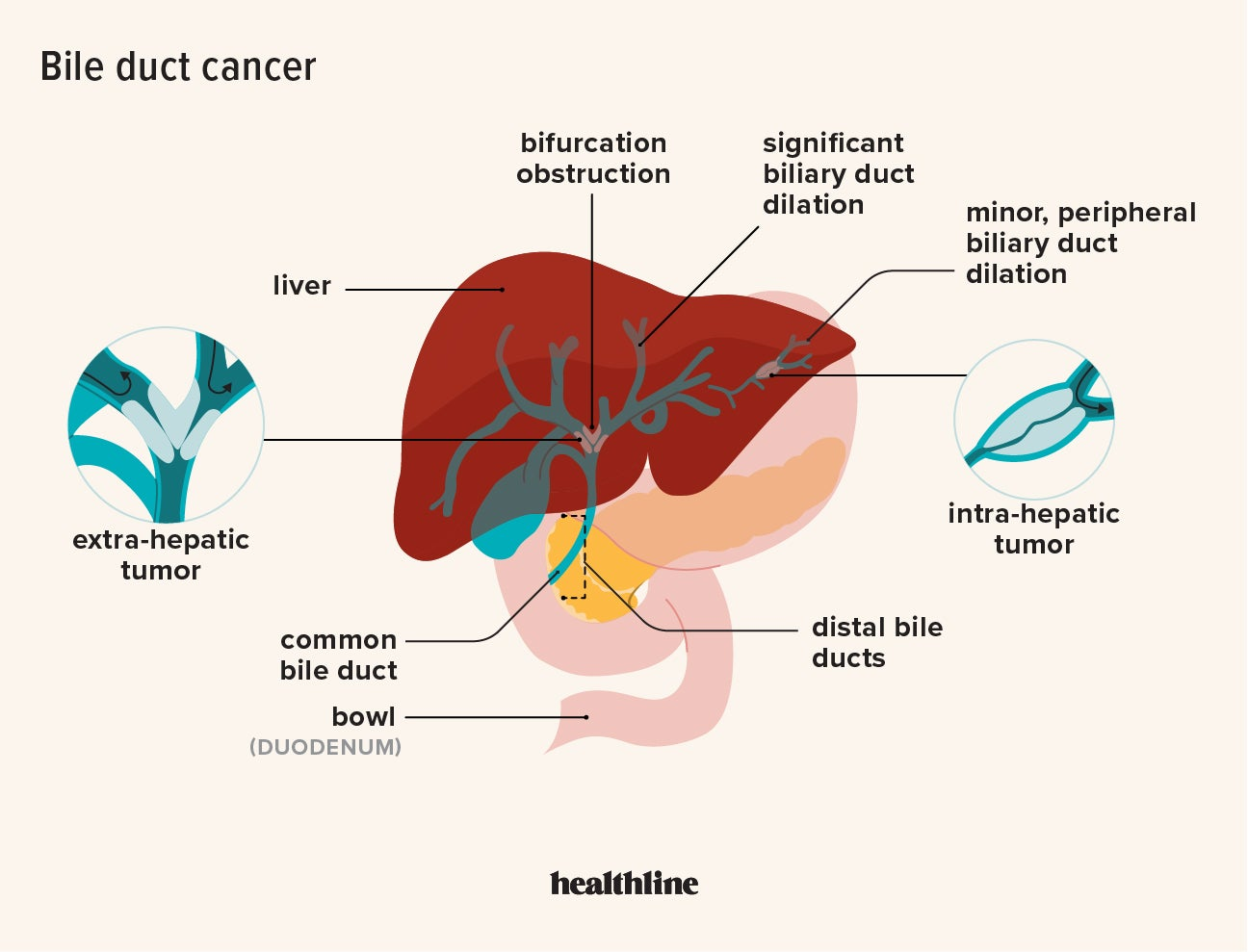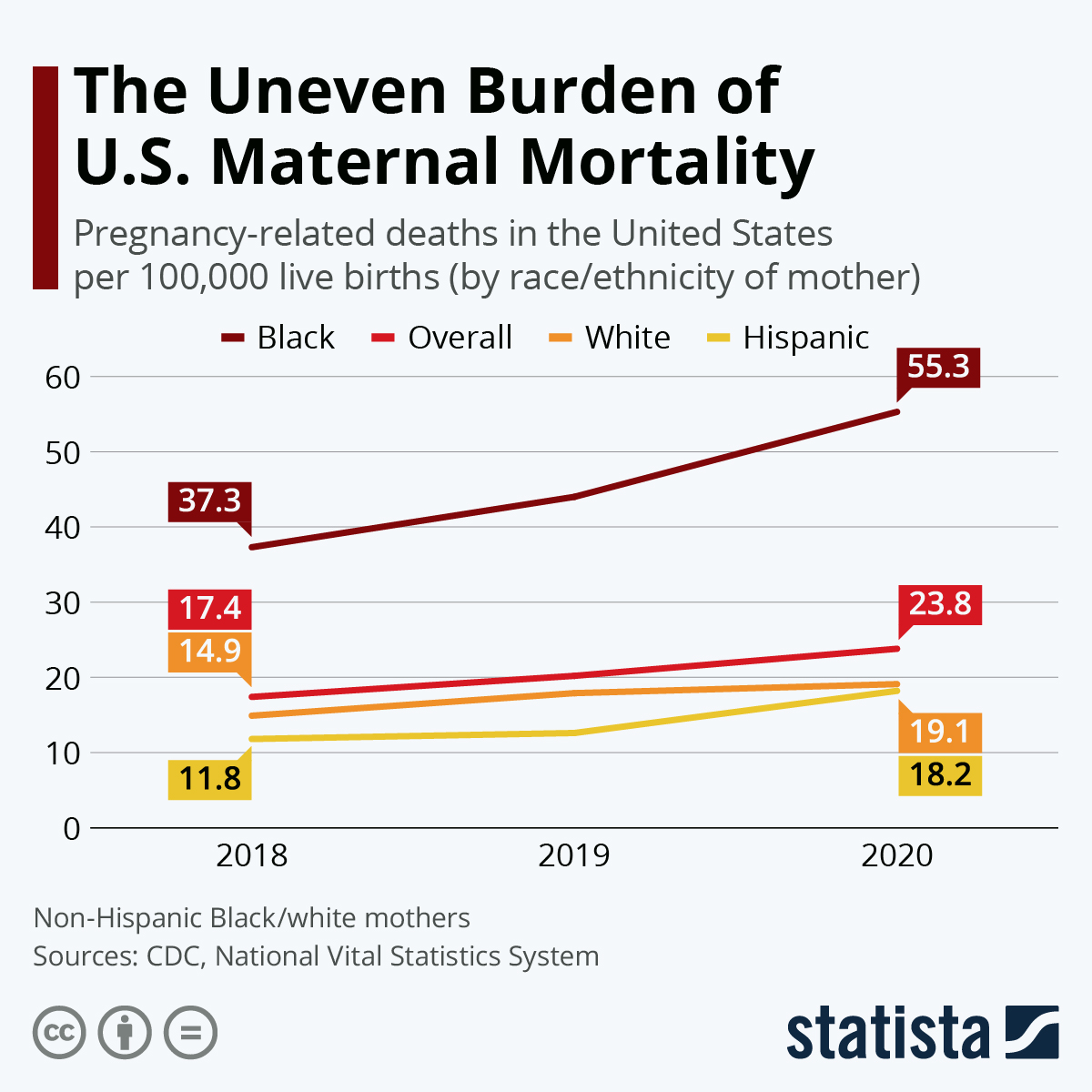
Youth well-being is a crucial topic in today’s world, as recent studies highlight the alarming rates of mental health challenges faced by younger generations.The Global Flourishing Study, which investigates diverse aspects of human flourishing, emphasizes that financial security alone does not equate to a fulfilling life for youth.

Beth Stevens Alzheimer’s research represents a groundbreaking approach in understanding the role of microglial cells within the brain’s immune system.These cells are crucial for maintaining brain health by clearing out damaged neurons and regulating synaptic connections.
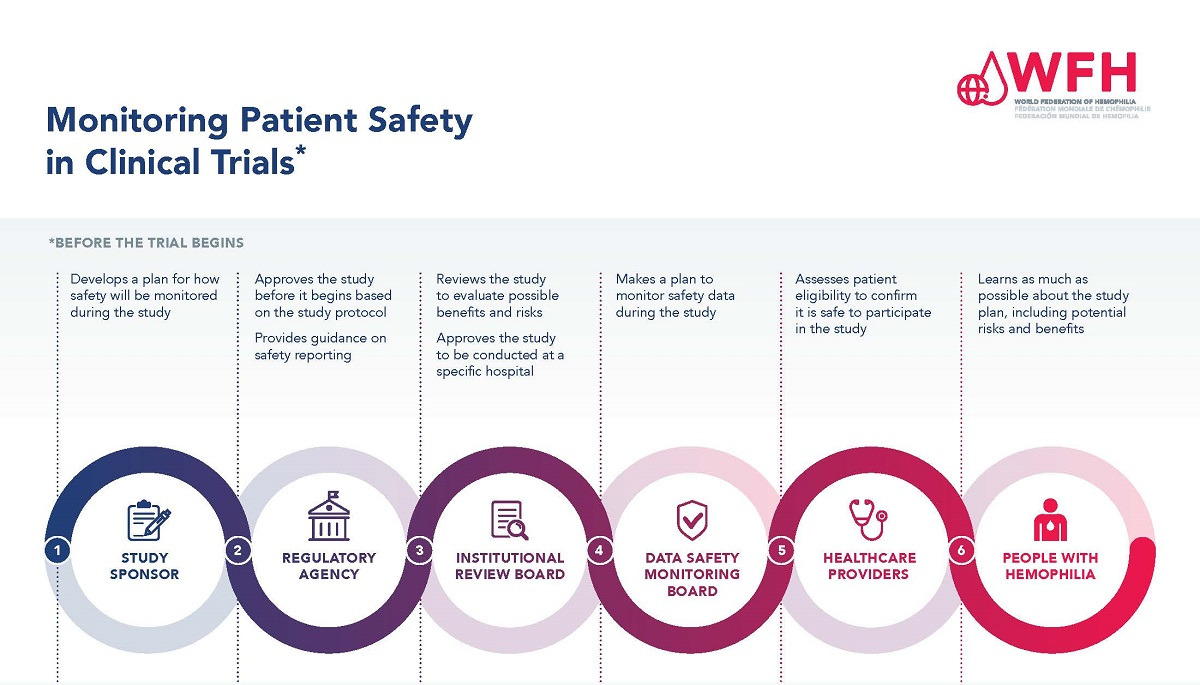
Patient safety in medical research is paramount, as it directly affects the ethics and efficacy of clinical trials designed to enhance healthcare outcomes.The recent halt in funding has created a significant disruption in medical research oversight, threatening the essential framework provided by Institutional Review Boards (IRBs) to safeguard patients’ rights in studies.
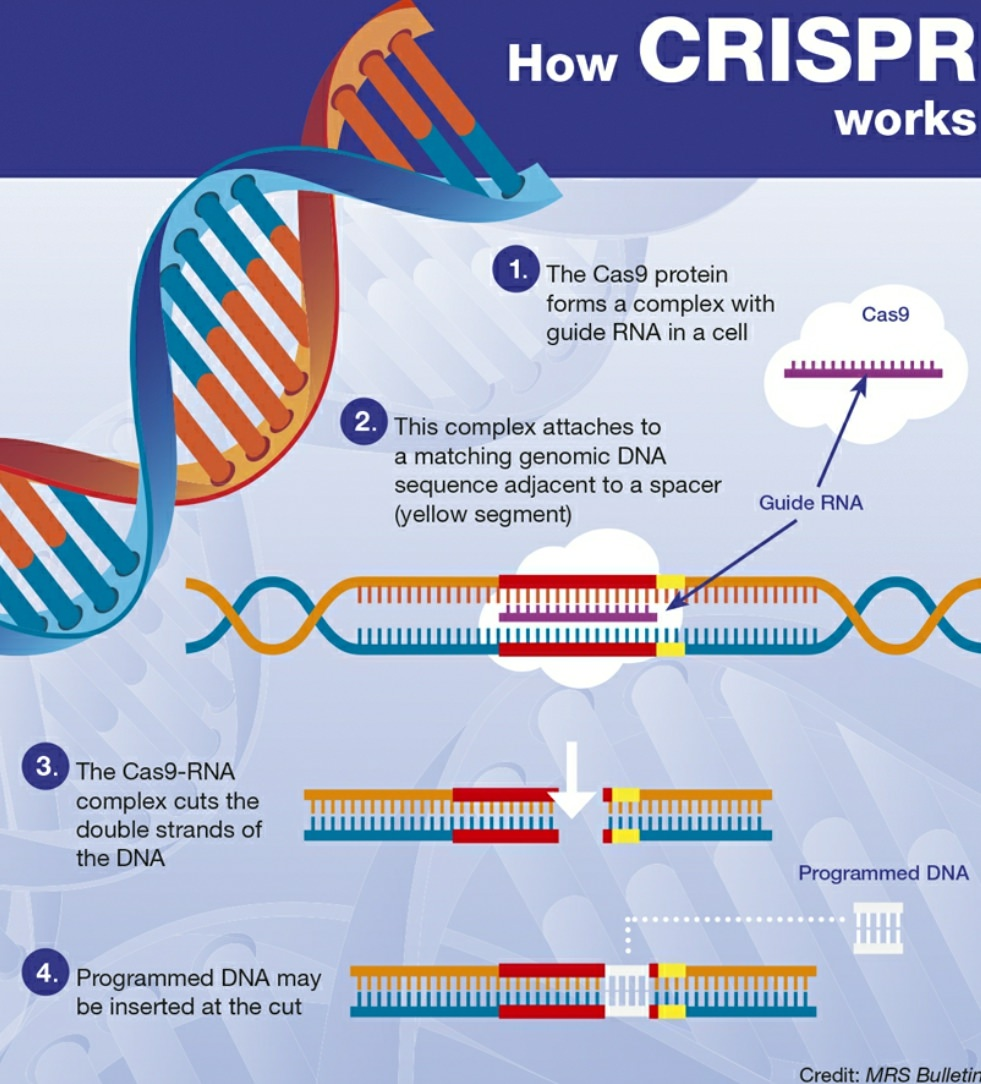
CRISPR technology is revolutionizing the field of gene editing, offering unprecedented opportunities to tackle diseases like sickle cell anemia.This cutting-edge method allows scientists to make precise alterations in an organism’s DNA, effectively enabling the potential to cure genetic disorders.

The vaping cessation pill, varenicline, is emerging as a game-changer in the fight against nicotine addiction, especially among teens and young adults.In a groundbreaking study conducted by Mass General Brigham, participants who took this FDA-approved smoking cessation pill were found to be more than three times as likely to quit vaping compared to those relying on behavioral support alone.

Gene editing is revolutionizing the landscape of medical science, offering new hope for millions suffering from genetic diseases.Among the cutting-edge techniques leading this charge is base editing, a method developed by renowned scientist David Liu, which allows precise alterations to the DNA code without disrupting the entire helix structure.
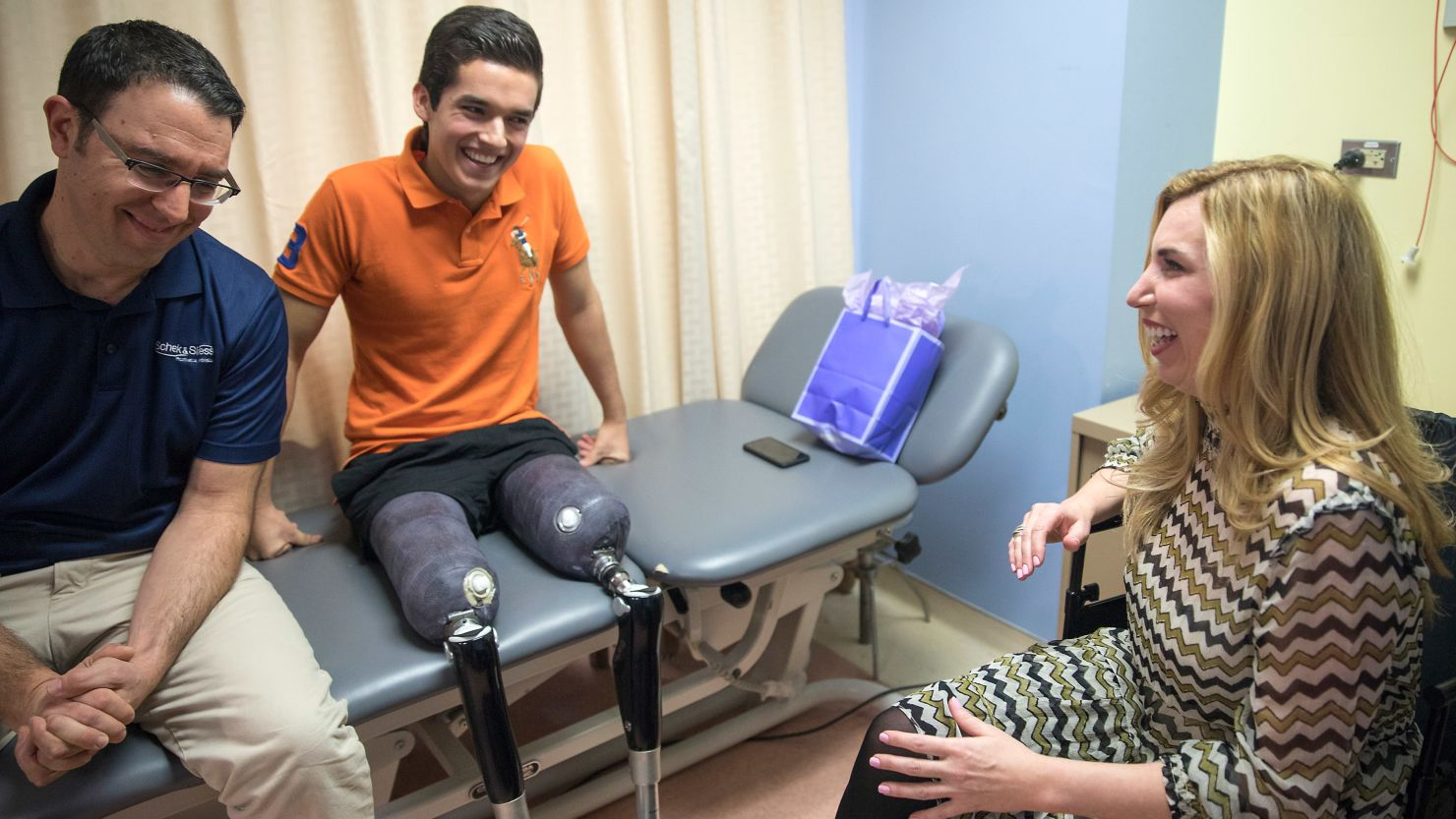
The Boston Marathon is not just a test of physical endurance; it significantly intertwines with mental health, showcasing the profound impact that running can have on our psychological well-being.Many participants experience a range of emotions from elation to despair on race day, reflecting the complex relationship between marathon psychology and mental health in running.

TIM-3 therapy for Alzheimer’s is a promising frontier in the realm of Alzheimer’s disease treatment, harnessing the power of the immune system to combat cognitive decline.Recent findings have highlighted the role of the TIM-3 protein, a checkpoint molecule that previously played a significant part in cancer immunotherapy, as a potential agent to improve cognitive function by enabling microglia to clear amyloid plaques in the brain.
